Healthy Selfishness: How To Stop People-Pleasing and Start Prioritizing Yourself
Chances are, you can name one thing you could be doing to take care better care of yourself. And despite knowing that drinking more water/meditating each day/ flossing your teeth is good for you, I’m willing to bet that you’re still not doing it.
It's likely because:
- You don’t have enough time
- It’s inconvenient or annoying
- The advantages/disadvantages are too far in the future to seem relevant
- It tastes/feels like crap
- It would involve saying “no” to something or someone else
I often write about issues #1-3 when discussing procrastination, time management, or motivation.
But, today I’m doing a deep dive into issue #5: Setting Boundaries. Or, as I like to call it, “how to say “no” to them and “yes” to me without seeming like a selfish jerkface.”
(And sorry, I can’t do much about Issue #4. Kale will never taste like a cupcake.)
Like most people, I care what people think. I care whether my friends think I’m supportive and I care whether the guy at the bakery judges me when I ask him to write affirmations in icing on the 5” chocolate cake I buy for myself (true story!)
Unlike most people, I’ve accepted and internalized that self-care needs to be my biggest priority. But that wasn’t always true. For most of my life, I put others first only to be surprised when I’d get sick, feel disappointed, burn out, etc. I assumed that I felt sick, tired, or sad because of the job, the boyfriend, or the autoplay feature on Netflix. But, like all things, the common denominator was me. If I wanted to feel balanced and blissful, I was the one that needed to change.
As we all know, change sucks and is never easy.
A lifetime of saying “yes,” people-pleasing, and over-achieving wasn’t going to change overnight. In fact, it was so ingrained in me that I often didn’t even know I was saying “yes” when I really meant “no.” Over time, all of those yeses added up to exhaustion, frustration, and unmet expectations. I struggled to find a way to support others sustainably without compromising my health and happiness.
Once I accepted that I was my biggest obstacle, I started looking at the ways I kept these patterns alive. And that’s when it hit me: I was giving away my time and energy, telling people I had no expectations when I most definitely expected them to reciprocate my actions in the future. I’d tell friends “of course, I don’t mind picking you up from the airport,” only to feel disappointed waiting for a cab in the dead of winter.
If my life is the result of my actions and non-actions, then changing my life is also within my control.
From that moment, I started employing a strategy that changed my life. It empowered me to communicate effectively, transform my relationships, and create more energy, happiness, and time. Here it is:
Is your “yes” really a “no?”
The goal of this exercise is to identify, manage, and communicate your needs so that you’re better able to prioritize yourself.
1. Pause.
Before offering to help, accepting an invitation, or saying “yes,” ask yourself:
- Am I prepared to do this without any hope that it will be returned to me in any shape or form (now or in the future?)
- What will this cost me now? 6 months from now? (consider your time, energy, and sanity)
- Is my desire to say “yes” driven by generosity or because I think that prioritizing myself will result in a negative outcome?
2. Decide.
If you can’t act without expectation, consider the cost.
If the cost is too great, consider your reason.
If your reason is based in fear, consider yourself more.
Simply put, decide whether saying “yes” to them means saying “no” to you. If so, choose to prioritize yourself.
3. Communicate.
State your boundary clearly, directly, respectfully, without qualifying statements or rationales. Saying “I can’t work late on the project today” is more effective than “I can’t work late because my cousin’s friend’s baby is having a birthday party, but I will work on the project when I get home at 10pm.”
4. Maintain.
The other person’s reaction has nothing to do with you. Avoid the temptation to weaken or take back your response. Doing so damages your self-trust, continues to prioritize others, and teaches others that your words have no meaning.
5. Reinforce.
You may need to remind yourself and others of your boundaries. That’s okay! Putting yourself first is a new behavior and will take practice and patience.
Use this tool to ensure you're creating space for yourself, your needs, and your happiness.
One more thing...
I want to hear from you! I’m committed to creating content that address your exact needs. Fill out this quick survey and get the time tracking worksheet only available to Take Back Your Time participants. This worksheet will help you identify your secret time-wasters, giving you the info you need to prioritize yourself more effectively.

